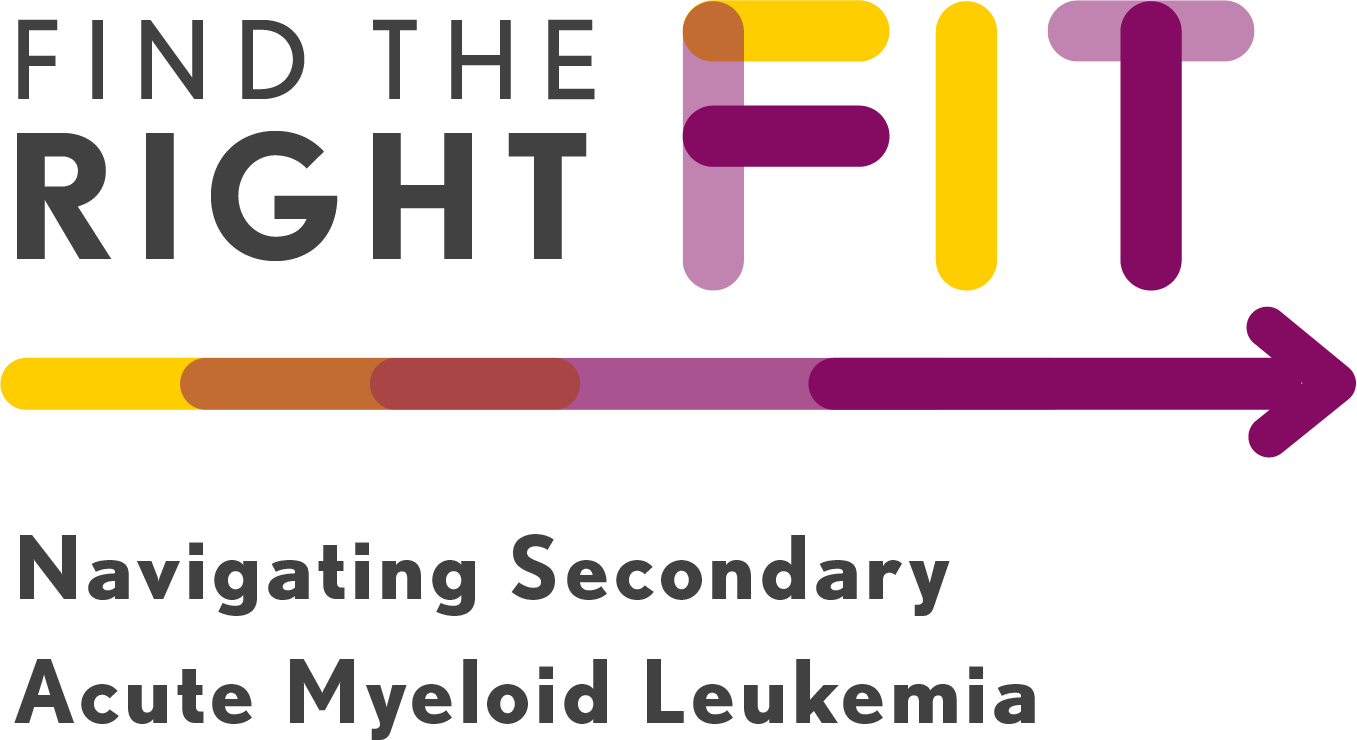Providing care for a loved one with a serious illness is an incredibly important job that often comes about suddenly and without a road map. To help adjust to this new role, below you will find commonly asked questions and answers about becoming a caregiver. It may be helpful to print this piece and keep it with you as a resource throughout your loved one’s cancer journey.
Every patient has different needs, so caregiver responsibilities can vary greatly from person to person. Here are some sample responsibilities: 2
- Provide emotional support
- Travel with their loved one to medical appointments
- Help with decision-making
- Coordinate medical care
- Provide transportation
- Help manage finances
Yes! There are plenty of ways to support your loved one from afar. A phone call or text to check in, helping out with research online or talking to an insurance company can all be very helpful ways to participate in the care of your loved one.
Becoming a caregiver can be scary, and it is important to create a plan that includes taking care of yourself as well.
It is okay to set limits. When you feel tired or anxious, take a break to re-focus. For some, this means taking a whole day or the weekend; for others, they may take a couple 10-minute breaks throughout the day to go for a walk, talk to a friend or exercise. Another way caregivers can de-stress is through journal writing, which provides a place to let go of overwhelming feelings, list priorities or problem solve.3
It is helpful to recruit other caregivers, if the patient agrees. Having family and friends split responsibilities can help make being a caregiver more manageable. It is also important for caregivers to remain involved with other parts of their lives – for example, maintaining a role in school, faith or community functions; relaxing and/or meditating; exercising and taking trips.3
Even with a schedule and support, it can still be overwhelming, so remember to continue investing in your own physical and mental health. There are also various online and in-person groups that offer social and emotional support, including:
- MyLifeLine, a unique online support community for patients and caregivers offered by the Cancer Support Community.4
- MDS Foundation Forums, a series of webinars offered throughout 2020 to patients, survivors and caregivers experiencing sAML caused by a prior myelodysplastic syndromes (MDS) diagnosis.5
- Cancer Support Helpline [888-793-9355], which offers overall support and assistance in finding ongoing cancer caregiver programs.6
- Cancer Experience Registry®, a unique online community that allows patents and caregivers to share their experiences, identify and discuss issues impacting their lives, take surveys and learn from one other.7
Disclaimer: The third-party resources cited above are for the reader’s information only. Jazz Pharmaceuticals does not own and is not responsible for the content included in these resources.
Based on a 2019 online caregiver survey and population estimates, about 1 in 5 Americans had been a caregiver to an adult or child within the year prior. Cancer was the fifth most common illness causing the need for care.1
